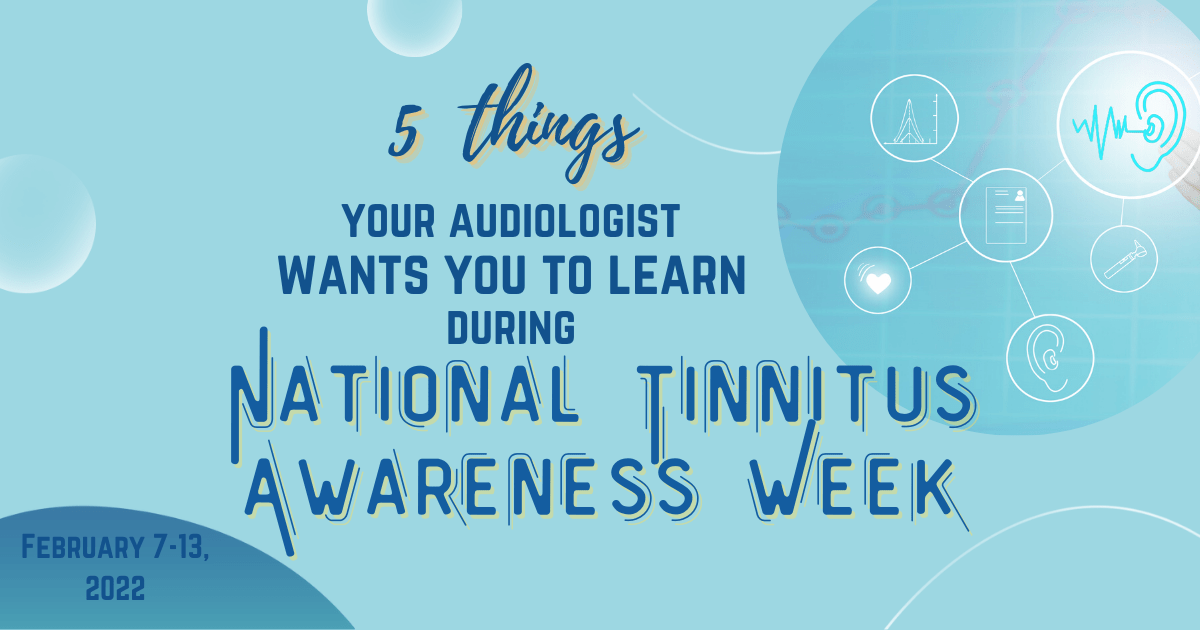We’re going to give you a quick run down of the five most basic things you should know about the ringing in your ears. We’ll start with the oft-debated pronunciation of its medical term.
1. Let’s settle the debate once and for all
Is it pronounced TINN-it-us or tin-EYE-tus? Trick question; both are correct. Although most audiologists and health professionals in the United States favor the former, you’re perfectly within your rights to use the latter with abandon.
2. It’s not just ringing
Colloquially, we say that tinnitus is ringing in the ears, but the condition is actually much broader: tinnitus includes sounds perceived in the ears or head that do not have an external origin. The sounds vary between individuals in pitch, intensity and timbre (TAM-ber: sound quality. Don’t recklessly throw around “TIM-ber;” unless you want to sound like a lumberjack). While ringing is one of the more common sounds, people also report a wide range of sounds, including buzzing, whooshing, roaring, chirping, bells, and static.
3. One situation associated with tinnitus is easily preventable
Noise and loud sounds can permanently damage structures within the inner ear. Tinnitus is often a symptom of this noise damage. Showing your inner ear that you care can be as easy as turning down the music or popping in some ear plugs.
4. It is very common
Even when you consider that tinnitus in most individuals is acute (temporary), the American Tinnitus Association estimates that 20 million Americans experience it chronically (long term), and that for about 10% of those with chronic tinnitus, it is classified as severe.
5. If you take away nothing else, remember: tinnitus is treatable
While scientists and researchers haven’t yet identified a cure-all, there is a significant amount of ongoing research. In the meantime, there are well-researched, evidence-based approaches to reducing the impact of tinnitus on your life. Audiologists are the professionals trained in tinnitus evaluation and treatment.
We recommend scheduling an evaluation with an audiologist if your tinnitus:
- Disrupts your sleep or daily activities
- Impacts your mental health or well-being, or even if you
- Are simply curious about your tinnitus or have questions.


